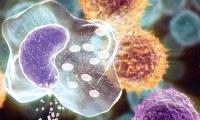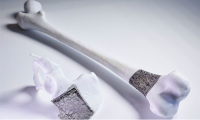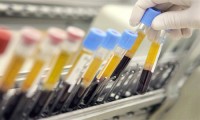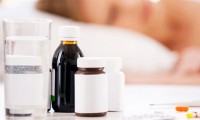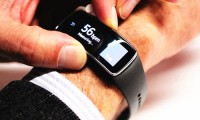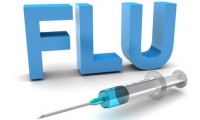-
Australian researchers to use 3D implants for bone tumour surgery
- Source: medicaldevice-network
- 674
- November 3, 2017
-
Dicerna Could Pocket $201M in NASH R&D Deal With Boehringer Ingelheim
- Source: biospace
- 782
- November 3, 2017
-
Bristol-Myers, J&J sink cash into a new $95M European biotech fund
- Source: Endpts
- 854
- November 3, 2017
-
Cancer-detecting start-up Grail is seeking more funding, mere months after raising $900 million
- Source: Cnbc
- 663
- November 2, 2017
-
AbbVie Receives U.S. FDA Priority Review for Investigational Oral Treatment Elagolix for the Management of Endometriosis with Associated Pain
- Source: news.abbvie
- 1,081
- November 2, 2017
-
Wearable Devices–A New Look For The Modern Clinical Trial
- Source: clinicalleader
- 1,196
- November 2, 2017
-
Flu Vax May Improve Outcomes in Other Illnesses
- Source: medpagetoday
- 1,087
- November 2, 2017
your submission has already been received.
OK
Subscribe
Please enter a valid Email address!
Submit
The most relevant industry news & insight will be sent to you every two weeks.

